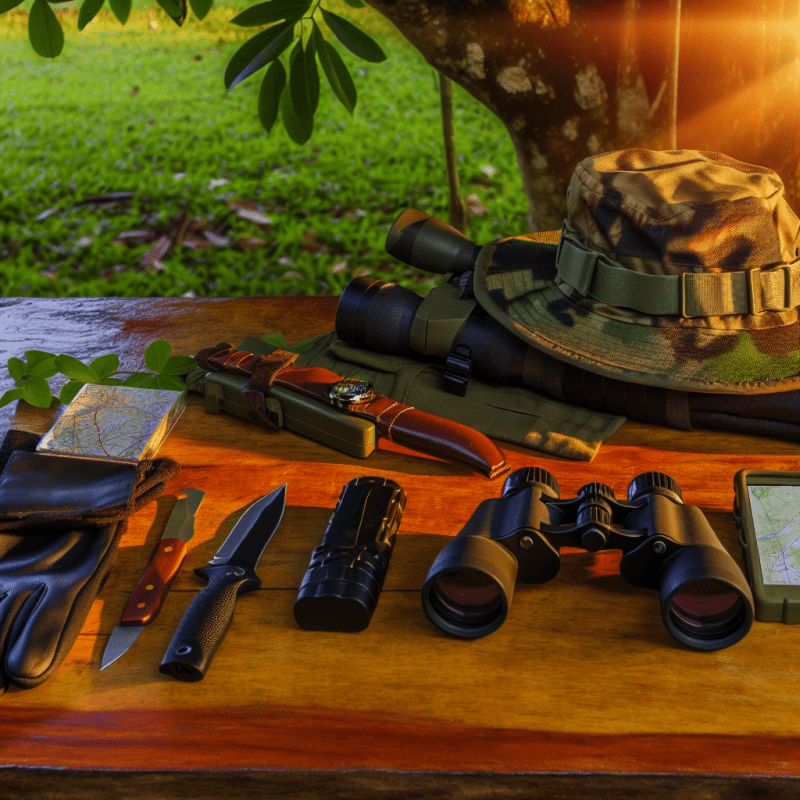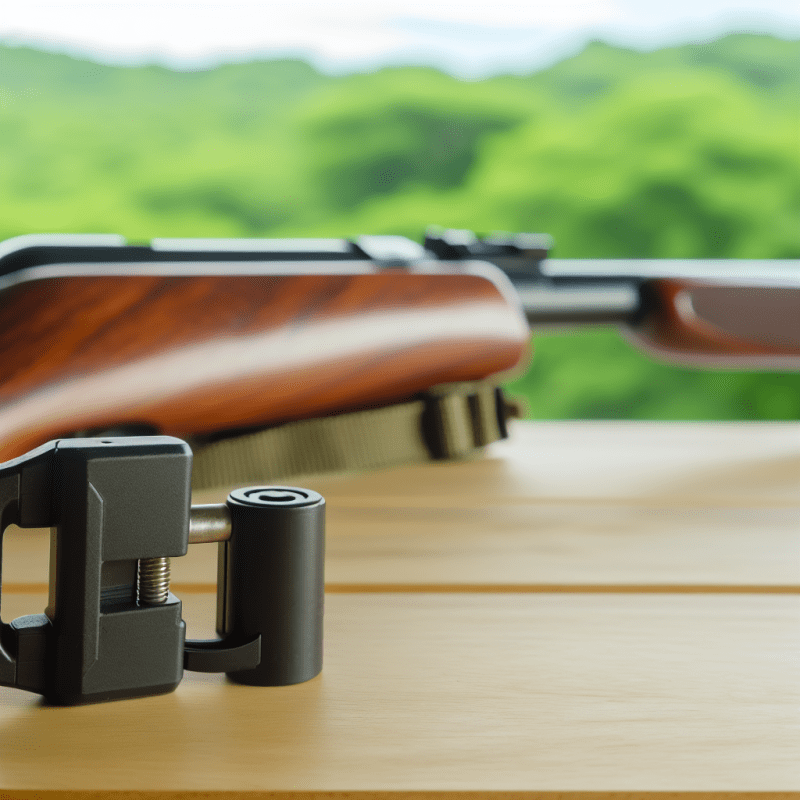When it comes to hunting game calls, picking the right one can feel a bit overwhelming. There are so many options out there, and each call is designed for specific situations or types of game. To make your choice easier, consider a few key factors before you buy.
First, think about the type of game you’re hunting. Different animals respond to different calls. For instance, if you're after ducks, a duck call is a must-have, while turkey hunters will want a turkey call. Make sure the call matches what you’re hunting so you can effectively attract them.
Next, consider your skill level. If you’re a newbie, an easier to use call might be the way to go. Look for calls with clear instructions or even those that come with tutorials. Experienced hunters might prefer more advanced or versatile options that offer a range of sounds.
Lastly, don’t forget about the material and the sound quality. High-quality calls often produce better sounds, which can make a big difference in how successful your hunt is. Whether you prefer wood, plastic, or metal, find something that feels good in your hands and produces the sounds you need.
Techniques for Effective Call Usage
Using game calls effectively can make all the difference in your success while hunting. Here are some tried and tested techniques to get the most out of your calls.
1. Familiarize Yourself with the Sounds: Before heading out, spend some time listening to the sounds each call makes. Whether it’s a grunt call or a turkey yelp, knowing what each sound represents is key. You want to be confident in what you’re using, so practice in a controlled setting where you can hone your skills.
2. Pay Attention to Timing: Timing your calls is just as important as the calls themselves. Be patient. Calling too frequently can scare off the game. Instead, learn to read the environment and wait for the right moment, like when you’ve spotted animals or feel they’re moving into your area.
3. Use a Variety of Calls: Sometimes, sticking to one type of call won't cut it. Different situations may require different sounds. Invest in a few different calls to mix things up. You might find that switching from a loud call to a softer one can make all the difference when trying to attract game.
4. Observe and Adapt: Always keep an eye on the behavior of the animals. If you notice they're not responding to your calls, try adjusting your strategy. Maybe use softer sounds or change your location. Being adaptable and observing their reactions can lead to more successful encounters.
Common Mistakes to Avoid While Calling
When it comes to using hunting game calls, making mistakes can cost you that perfect shot. Here are some common slip-ups to steer clear of:
Avoiding these common mistakes can help elevate your hunting game. By paying attention to your calls and the environment, you'll have a better chance of calling in your target successfully.
Tips for Practicing Your Calling Skills
Practicing your calling skills is all about finding ways to sound like the real deal. Here are some tips to help you hone your technique and bring in that game like a pro!
1. Listen and Learn: Before you dive into practicing, take some time to listen to recordings of animal calls. Whether it’s turkey, duck, or deer, hearing the sounds they make in their natural environment can really help you understand the nuances you should aim for. YouTube and other platforms have tons of helpful videos.
2. Use a Mirror: Sounds a bit funny, but using a mirror can be super helpful! When you're practicing your calls, look at yourself. This can help you notice your mouth movements and breathing. Plus, it’s a good way to make sure you’re not overdoing it or sounding unnatural.
3. Get Outside: Nothing beats practicing in the field. Head to a park or a quiet area in the woods. This way, you can see how your calls carry in the open air and get a feel for how they sound in real scenarios. Just watch out for any curious critters who might come to check you out!
4. Join a Group: Connecting with others who are interested in hunting can be a game changer. Look for local hunting clubs or online forums. Sharing tips, recording each other’s calls, and getting feedback can really speed up your learning process.



